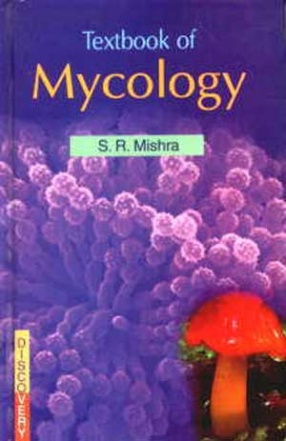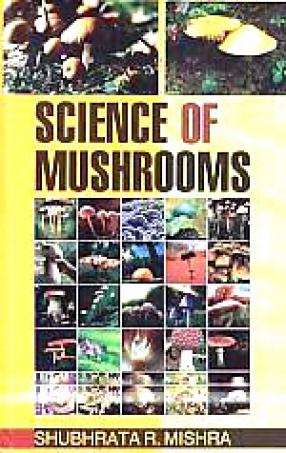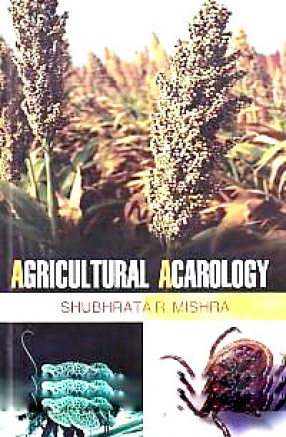Historically, mycology was a branch of botany (fungi are evolutionarily more closely related to animals than to plants but this was not recognized until a few decades ago). Pioneer mycologists included Elias Magnus Fries, Christian Hendrik Persoon, Anton de Bary and Lewis David von Schweinitz.
Today, the most comprehensively studied and understood fungi are the yeasts and eukaryotic model organisms Saccharomyces cerevisiae and Schizosaccharomyces pombe.
Many fungi produce toxins, anti-biotics, and other secondary metabolites. For example, the cosmopolitan (world-wide) genus Fusarium and their toxins associated with fatal outbreaks of alimentary toxic aleukia in humans were extensively studied by Abraham Joffe. Fungi are fundamental for life on earth in their roles as symbionts, e.g. in the form of mycorrhizae, insect symbionts and lichens as well as their potency in breaking down complex organic biomolecules such as lignin, the more durable component of wood, as well as xenobiotics, a critical step in the global carbon cycle.








There are no reviews yet.